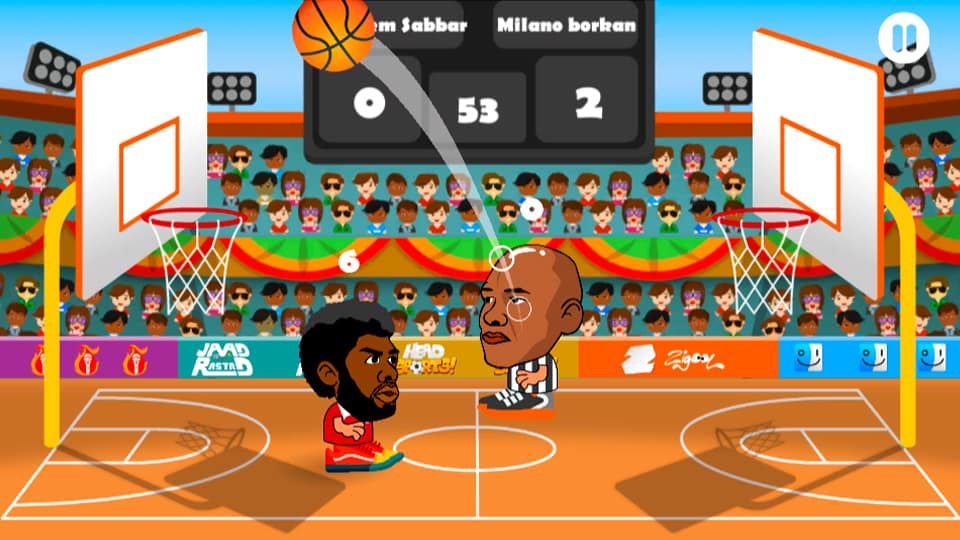
What Parents Should Know about ConcussionsĬoncussion is the most common head injury in sports. The reason I asked is that recent research indicates that repeated minor concussions can cause cumulative damage to the brain, meaning that any later concussions can become more dangerous. Learn more about our hospital's Division of Emergency Medicine and Transport.īut I also asked Mom if her son had ever had a concussion, a blow with loss of consciousness before. Had the answer been yes to any of the "no" questions above, it would have been cause for an immediate return to the Emergency Department. Mom said he seemed back to his normal self. Was he vomiting, or did he have a headache? No My friend’s question to me was: what would I, a pediatric nurse, recommend? I asked her all the standard questions that any medical expert would ask in this type of a case: Mom decided to take him home and watch him, but then got worried about her choice, since a slow head bleed could be dangerous, even fatal. Mom was told that a CT-scan was no longer automatically required in these cases, but she could opt to have one if she wanted to make sure that there was no hidden, slow bleed in the brain, but this could constitute unnecessary radiation exposure for her developing boy as well. He was not vomiting and did not have a headache. Mom was told that her son appeared to be neurologically sound awake, alert, oriented, seeing, hearing and speaking normally with no visual or balance problems.

As a rehab nurse, I often take care of young athletes with sports injuries, including head injuries. The next day, everything seemed back to normal, but this anxious mom decided to make a trip to the hospital for an evaluation. Mom said her son seemed strange that evening: "out of it" and lethargic. The blow knocked him out cold for 3 seconds. While playing basketball at school, her son received an elbow to the head. Recently, a friend came to me for advice about her son.


In fact, Children's Hospital Los Angeles treats many of these patients in the Department of Rehabilitative Medicine.


 0 kommentar(er)
0 kommentar(er)
